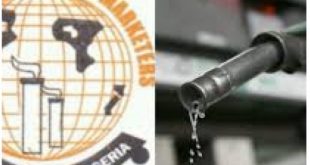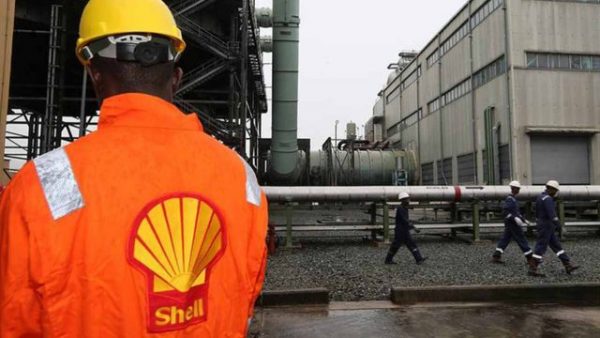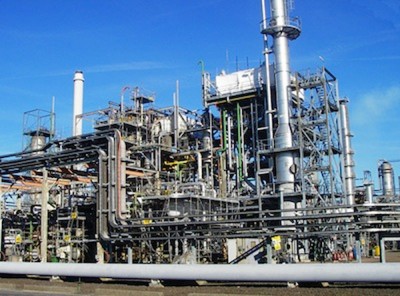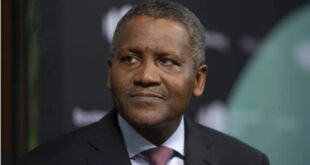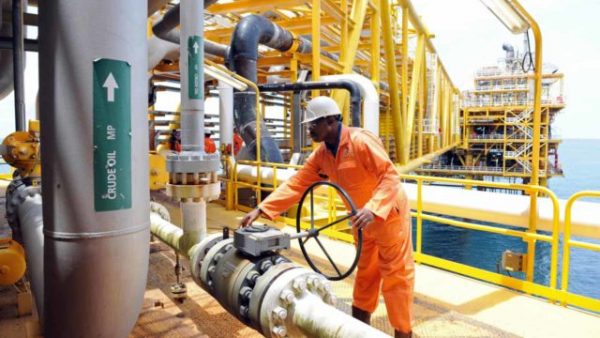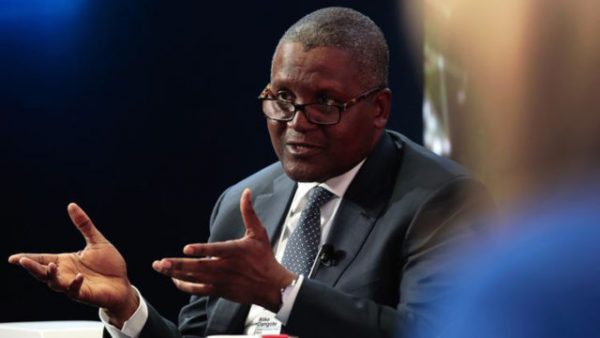
The presidents of Tanzania and Uganda are due November 11 to lay the foundation stone for the construction of East Africa’s first significant oil export pipeline.
It has been a long time coming.

Joseph Magufuli of Tanzania and his Ugandan counterpart Yoweri Museveni signed a project agreement in May that should see Uganda finally begin to export oil in 2020, more than a decade after it was first discovered.
Uganda had widely been expected to develop a pipeline through Kenya rather than Tanzania, providing potential linkages with Kenyan oil discoveries, but last year Kampala announced that it wanted to build a line to the northern Tanzanian port of Tanga.

The decision appears to have been motivated by fears over the potential for Somali militant attack on the proposed pipeline through Kenya, which would have used the northern port of Lamu as its export point.

The line, which is expected to become the longest heated pipeline in the world at 1,445 kilometers (898 miles), will transport oil from Uganda’s remote Holma District around the southern shores of Lake Victoria and eastwards to the coast. It will carry 216,000 b/d and is expected to be completed by 2020.
Kampala currently estimates construction costs at $3.5 billion. Tanzania is expected to receive $12.20 in transit fees for each barrel transported.
It has taken a very long time to get even this far.
Oil was first discovered in the Lake Albert Basin in 2006. There was a long tax dispute over explorer Tullow’s acquisition of all equity in the relevant blocks — Exploration Areas 1, 1A, 2 and 3A — from Hardman Resources in 2007 and its sale of one third stakes to both Total and China National Offshore Oil Corporation in 2011.
The balance of the upstream consortium changed again earlier this year, when Tullow sold another 21.57% to Total for $900 million. Tullow’s remaining 11.76% interest will fall to 10% when the Ugandan government exercises rights to buy back into the project.
The farm-down appears to have been prompted by the impact of the Ugandan delays, slow development of Tullow’s TEN project in Ghana, exploration disappointments elsewhere and low oil prices. The pipeline will be owned by the three upstream partners plus Uganda National Oil Company and Tanzania Petroleum Development Corporation.
Uganda’s plans for a large 200,000 b/d domestic refinery also held up development, but the government now seems to have accepted the construction of a much smaller plant, in the short term at least.
In August, Saipem and GE were revealed as the winners of a tender to build a refinery with an eventual capacity of 60,000 b/d, which is more than double Uganda’s current consumption, with the remainder expected to be exported to neighboring states.
What now?
Oranto Petroleum of Nigeria and Australia’s Armour Energy have signed exploration agreements this year and the executive director of the Petroleum Authority of Uganda, Ernest Rubondo, says that he expects Uganda to attract $15 billion-$20 billion in oil investment over the next three to four years.
However, the government must speed up the pace of its deliberations and negotiations if Uganda is to prove an attractive investment option.
It took a decade after oil was first discovered for the government to launch its first oil and gas licensing round.
Moreover, any major new discoveries will face similar pipeline takeaway constraints. Kampala estimates the country’s proven recoverable oil reserves at 2.2 billion barrels out of 6.5 billion barrels in place, although most external estimates are a bit lower.
Whatever the real figure, it is to be hoped that the pipeline will be engineered in such a way that its transmission capacity can be increased to handle additional production.
Copyright MMS Plus.
All rights reserved. This material, and other digital content on this website, may not be reproduced, published, broadcast, rewritten or redistributed in whole or in part without prior express written permission from KINGS COMMUNICATIONS LIMITED.
 MMS PLUS NG – Maritime, Aviation, Business, Oil and Gas News Online Newspaper with coverage in Maritime, Oil and Gas, Aviation, Power and Energy as well as Financial News
MMS PLUS NG – Maritime, Aviation, Business, Oil and Gas News Online Newspaper with coverage in Maritime, Oil and Gas, Aviation, Power and Energy as well as Financial News



